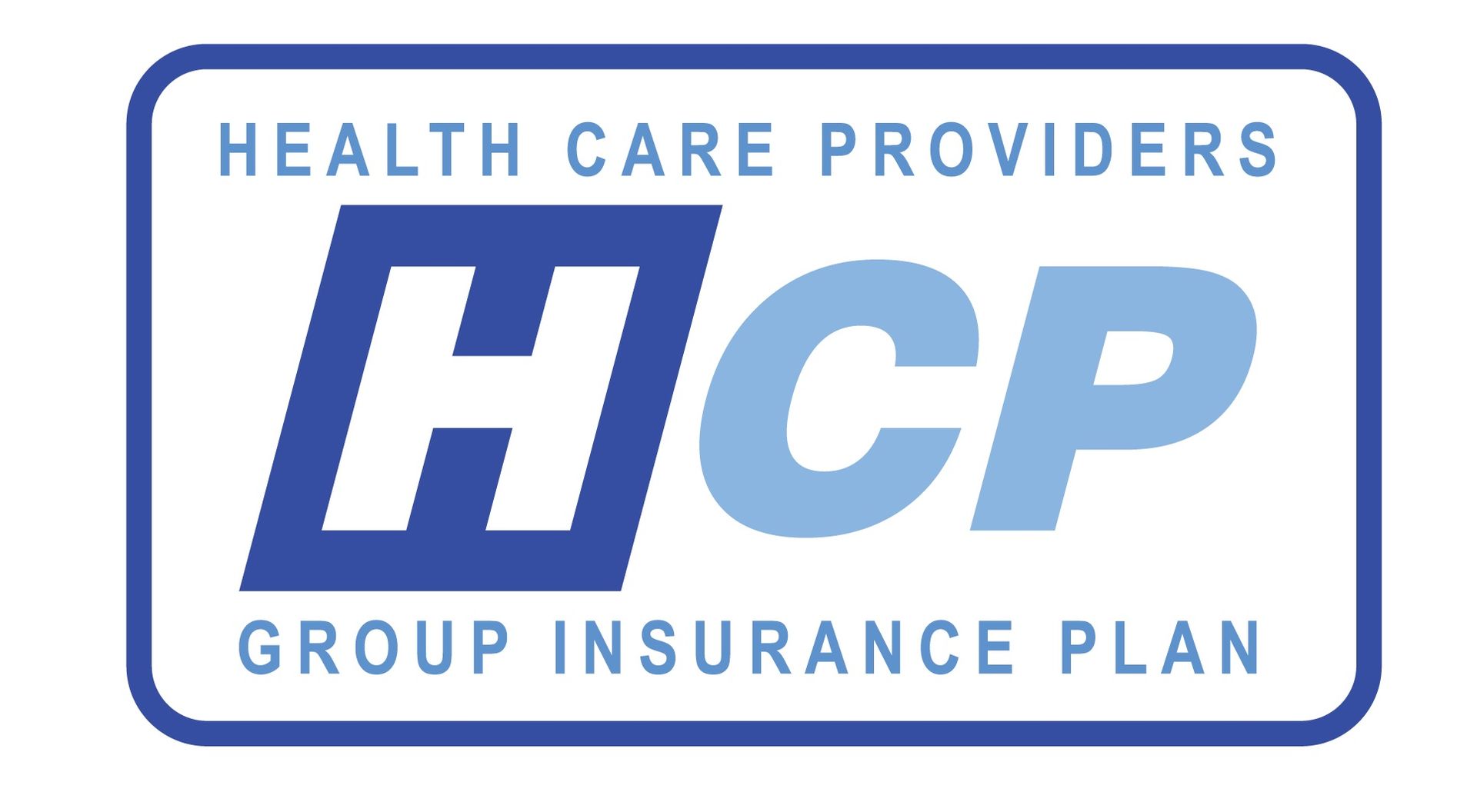Demystifying Health Insurance Jargon: A Glossary of Terms

Navigating the journey through the health insurance landscape might seem a bit overwhelming, especially with all the unfamiliar terms and jargon. But understanding the language of health insurance is key to making smart decisions about your coverage and keeping tabs on your healthcare costs. That’s why we’re here to simplify the terminology often linked with health insurance, offering you a helpful glossary that will empower you on your healthcare journey.
Beneficiary: A beneficiary is a person, charity, organization, etc., designated to be the recipient of a covered person’s life insurance benefit.
Coinsurance: Coinsurance is the percentage of covered medical expenses you pay after you’ve met your deductible. Your health insurance plan pays the rest.
Coordination of Benefits (COB): COB occurs when you have more than one health insurance plan. It outlines the process by which the two plans work together to cover your medical expenses, avoiding overpayment.
Deductible: A deductible is the amount you must pay out of pocket for covered healthcare services before your insurance plan starts to contribute. For instance, if you have a $1,000 deductible, you need to pay the initial $1,000 of eligible expenses before your insurer begins sharing the cost.
Dependent Life Insurance: Life insurance for an employee’s spouse or children.
Elimination Period: The time period between an injury and the receipt of benefit payments. In other words, it is the length of time between the beginning of an injury or illness and receiving benefit payments from an insurer.
Exclusion: Exclusions are specific healthcare services or treatments not covered by your insurance policy. It’s crucial to understand these exclusions to avoid unexpected expenses.
Explanation of Benefits (EOB): An EOB is a statement from your insurance company detailing the costs of healthcare services, what they cover, and how much you may owe. It is not a bill but provides a summary of your insurance claim.
Formulary: A formulary is a list of prescription drugs covered by your insurance plan. Medications are often categorized into tiers, each with different cost-sharing requirements.
Guaranteed Issue: A guaranteed issue is a situation where an insurance policy is offered to an applicant without underwriting, typically during certain enrollment periods or due to specific qualifying events.
Life Insurance: Insurance providing for the payment of benefits upon the death, whether by accident or otherwise, of the life insured.
Long Term Disability Benefit: A benefit that provides income replacement to an employee who has become totally disabled due to illness or injury.
Non-Evidence Maximum (NEM): The highest amount of coverage an employee can have without providing medical evidence of good health. NEM’s are provided on benefits like Life, ADD&D, STD, and LTD.
Offset: In relation to Long Term Disability benefits, offsets represent payments made to the claimant from alternative sources which offset/reduce the amount of money paid to them by the HCP plan.
Pre-Existing Condition: Any injury, sickness, or condition that exists before the date an insurance policy takes effect.
Predetermination of Benefits: A form or letter that is sent from your medical or treatment provider to your insurer before undergoing treatment. Your insurer can review the proposed treatment and determine how much will be reimbursed by your plan.
Premium: The premium is the amount you pay for your health insurance coverage, typically monthly. It’s a fundamental cost associated with maintaining your insurance policy, whether you use healthcare services or not.
Underwriting: Underwriting is the process insurers use to evaluate an individual’s health status and other risk factors when determining eligibility for coverage and premium rates.
Waiver of Premium: An insurance policy clause that waives premium payments if the policyholder becomes critically ill, seriously injured, or physically impaired.
Understanding these terms will further equip you with the knowledge needed to make informed decisions about your health insurance coverage. Of course, if you have questions about your plan or need assistance choosing a plan that will work for you and your specific needs, don’t hesitate to reach out to us at
info@healthcareproviders.ca or 1-866-768-1477.











